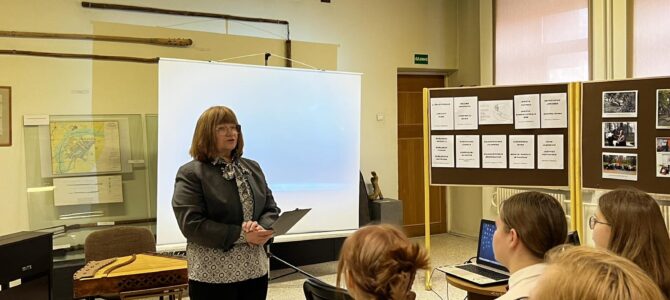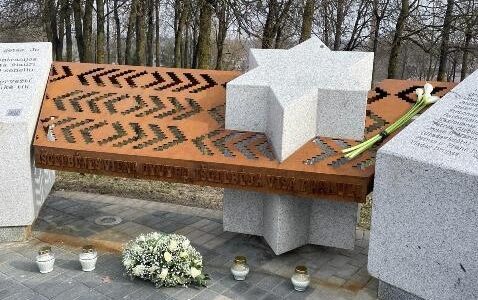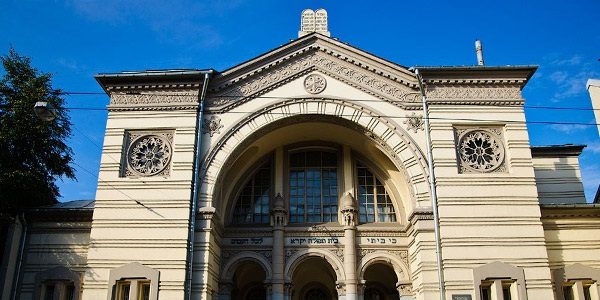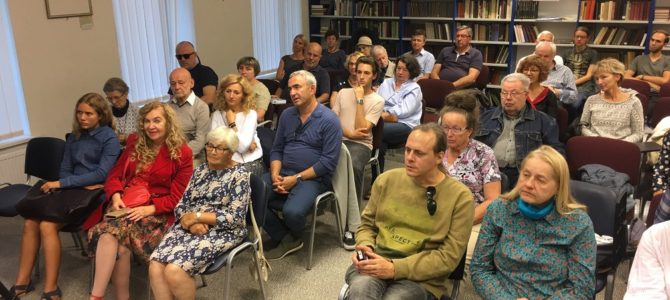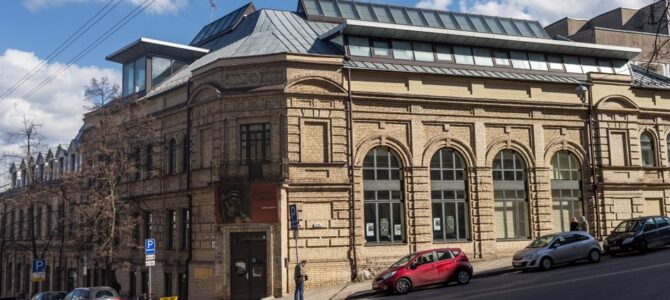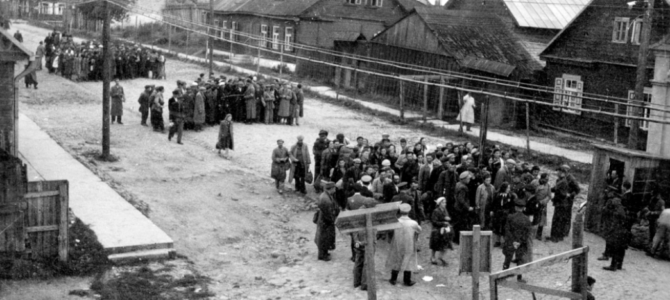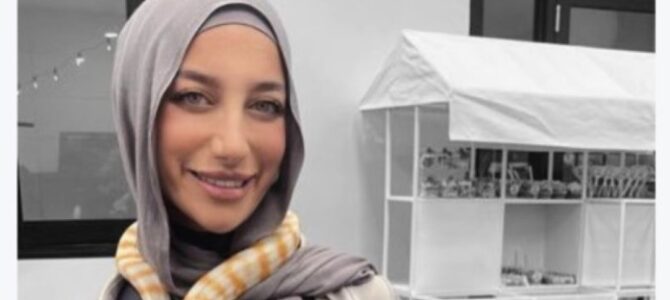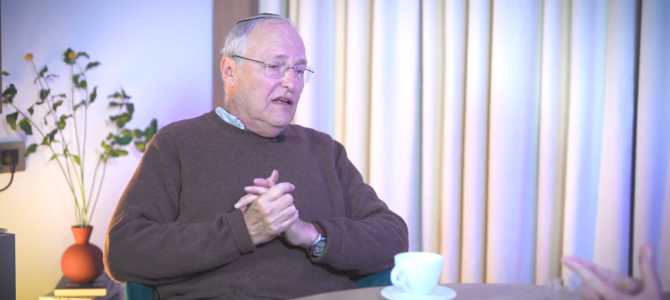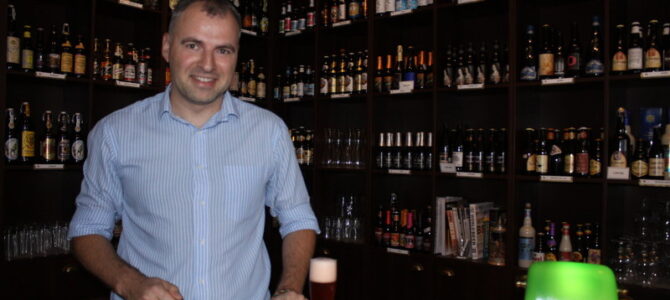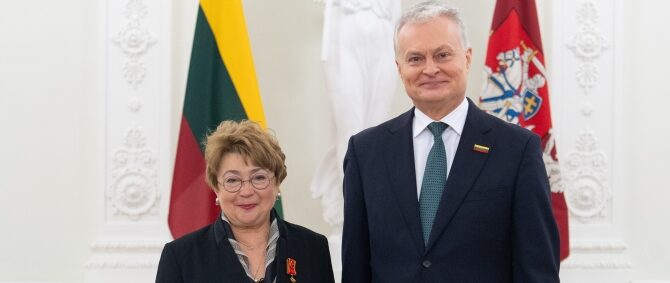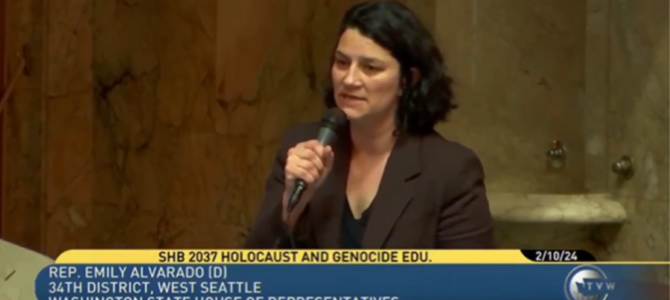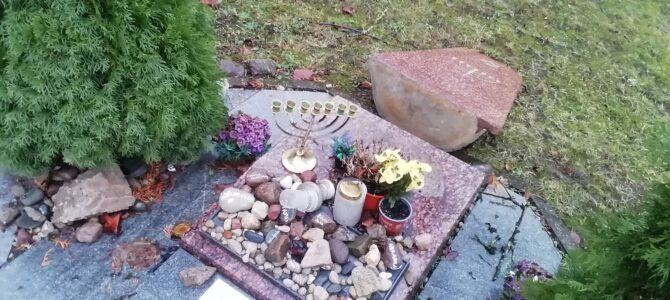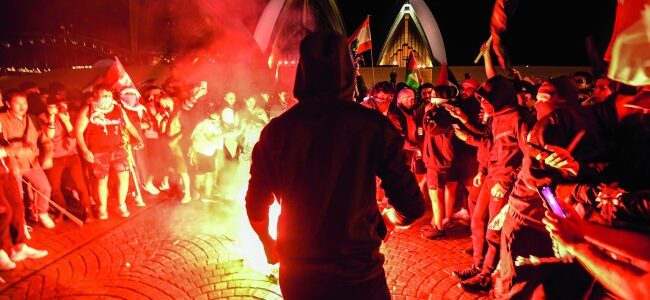Photo: Australian pro-Hamas activist Laura Allam, from X/Twitter
Following the circulation of a hit-list of around 600 Jews targeted for attacks by pro-Hamas activists in Australia, Victoria State Police are only now disclosing to the public a kidnapping, assault and robbery of a man committed on February 16. The man works for a Jewish employer and was ripped from the driver’s seat of his car, placed in another vehicle, assaulted, robbed and discarded. One of the several perpetrators was known to police and had been reported for making death threats against a female Jewish journalist and television presenter.
Prominent Pro-Hamas Activist Arrested on Kidnapping and Torture Charges
Algemeiner, February 29, 2024
Melbourne–Australian police on Monday announced the arrest of a prominent pro-Hamas advocate accused of orchestrating the kidnapping and torture of a man whose perceived offense was to work for a Jewish employer.
Melbourne resident Laura Allam was charged with kidnapping, armed robbery, illegal detention, assault and battery against the 31-year-old man, who has not been named by authorities. Working with an accomplice who has also been arrested and charged with kidnapping, false imprisonment, armed robbery, threats to kill, intention to cause injury, recklessly causing injury, unlawful assault and assault with weapon, the 28-year-old Allam is understood to have targeted the man solely because his employer is Jewish.


